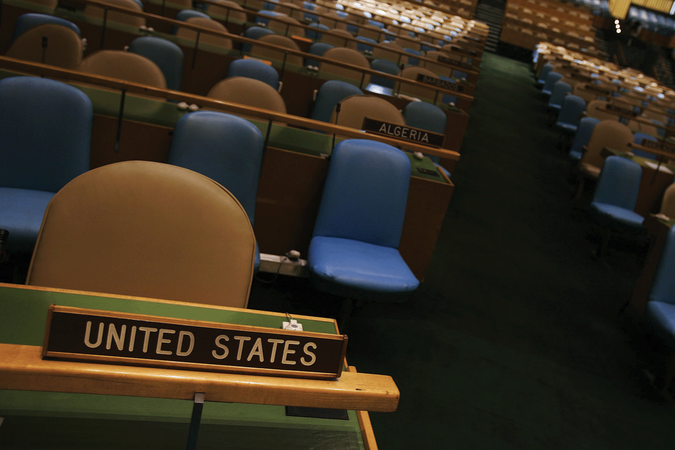Recycling in a Globalized Economy
This paper develops the concept of a material imbalance to explain global waste trade patterns and offers policy insights to address its environmental and ethical implications.
Abstract
Developing a circular economy through waste recycling has emerged as a paradigm for conserving nonrenewable resources. But what does implementing a circular economy mean in the context of globalized economies? Waste generated by consumption, including imports, often misaligns with national production and export material needs. This material mismatch, termed “material imbalances,” along with variations in waste disutility, costs, and access to virgin resources across countries, shapes local and international trade strategies related to waste. This paper offers a new perspective on recycling policies, emphasizing international trade and national material imbalances. We theoretically characterize the existence of a waste market for recycling and demonstrate that local recycling incentive policies can drive or reduce waste exports depending on their design. Additionally, we show both theoretically and empirically that relative material imbalances between countries are a key determinant of waste trade for recycling.
JEL codes: Q53; H23; L33; L51
Keywords: Circular Economy, International Trade of Waste, Environmental Policy





